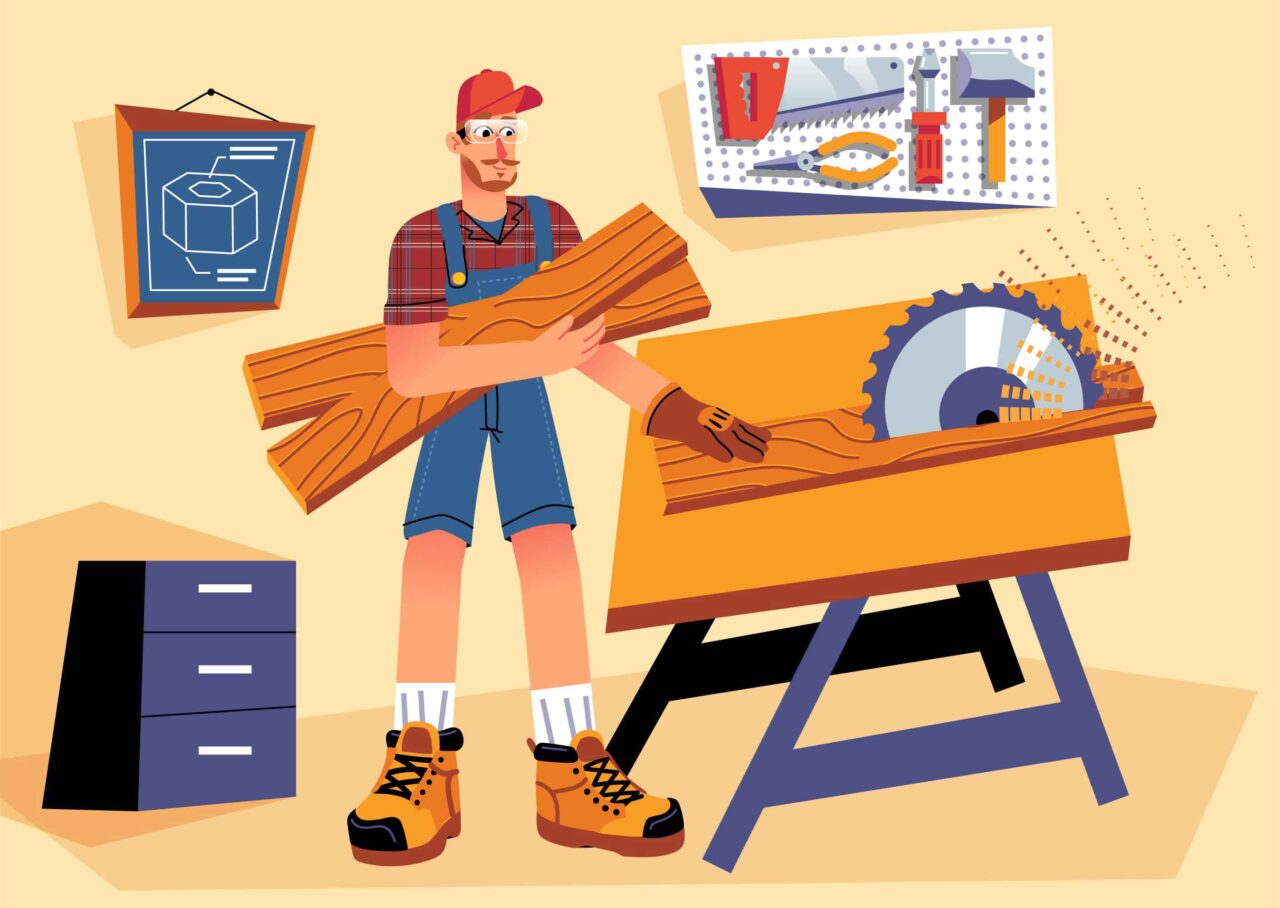In the realm of skilled trades and craftsmanship, there exists a profession that’s as intriguing as it is essential – the bench fitter. Though the term might not be as familiar as electricians or plumbers, bench fitters are the unsung heroes behind the scenes, ensuring that machinery and equipment function precisely. Let’s embark on a journey through the world of bench fitting, exploring the skills, responsibilities, and the pivotal role they play in various industries.
The Essence of a Bench Fitter
A bench fitter is a highly skilled artisan specializing in assembling, constructing, and repairing intricate machinery, tools, and equipment. Their role is multifaceted, from making delicate instruments to crafting and repairing industrial machinery. What sets them apart is their knack for precision and the meticulous attention they devote to detail.
The Intricacies of Bench Fitting
The craftsmanship of a bench fitter is a blend of traditional skills and modern precision engineering.
1. Precision Assembly: At the heart of bench fitting is assembling intricate components. It’s like solving a mechanical puzzle, where each piece must fit perfectly to ensure the entire machinery runs smoothly.
2. Machining Mastery: Bench fitters are often skilled in machining techniques, where they shape, cut, and modify metals and other materials with utmost precision. These professionals truly excel in their craft, displaying expertise in various skills such as threading, milling, and grinding. Their mastery is evident in the precision and finesse they bring to each task.
3. Accurate Calibration and Fine-Tuning: They meticulously calibrate and fine-tune machinery, recognizing the importance of every measurement. Their attention to detail ensures that the equipment operates with utmost precision, meeting the highest standards of accuracy.
4. Problem Solving: Bench fitters are also adept problem solvers. When machinery faces issues, it diagnoses the problem, disassembles and reassembles parts, and makes the necessary adjustments, all while maintaining precision.
5. Hand Tools Mastery: To execute their work, bench fitters rely on an arsenal of hand tools – wrenches, calipers, micrometers, gauges, and more. These tools are extensions of their craftsmanship.
Where Bench Fitters Shine
Bench fitters are like the secret ingredients in various industries where precision and craftsmanship matter. Here are a few sectors where their expertise is invaluable:
1. Manufacturing Marvels: In manufacturing, bench fitters are the backbone of production machinery. They ensure that assembly lines run seamlessly, contributing to the efficiency of production processes.
2. Aerospace Excellence: The aerospace industry relies heavily on bench fitters to assemble, maintain, and repair the complex systems found in aircraft and spacecraft, where precision is a matter of life and death.
3. Automotive Artistry: In the automotive world, bench fitters work on precision components and machinery, helping vehicles run smoothly and reliably.
4. Engineering Excellence: Within engineering firms, they play a crucial role in crafting and fine-tuning specialized equipment used in various engineering projects.
5. Research and Development: In research and development environments, bench fitters are responsible for crafting prototypes and experimental apparatus, ensuring that scientific experiments yield accurate results.
Bench Fitters: The Unsung Heroes
The significance of bench fitters can’t be overstated. They aren’t merely assemblers; they are the guardians of precision and reliability. Their work is crucial in industries where safety, accuracy, and efficiency are paramount. In many ways, they are the unsung heroes who ensure that the gears of modern life turn smoothly.
The Path to Becoming a Bench Fitter
Becoming a skilled bench fitter requires a unique blend of education, hands-on training, and experience. Many bench fitters begin with a background in mechanical engineering or a related field. However, true mastery comes from on-the-job training and apprenticeships, where they learn the intricacies of the trade under the guidance of experienced professionals.
In Conclusion
In a world where precision engineering reigns supreme, bench fitters are the artisans who quietly lay the groundwork for modern machinery. Their precision, meticulousness, and knack for problem-solving render them invaluable in industries where precision and dependability are prerequisites. The next time you come across a piece of machinery that functions flawlessly, pause to acknowledge the bench fitter working behind the scenes, whose craftsmanship is the bedrock of a smoothly functioning world.
Enhancing your living space has never been easier with FloorPup! Explore our wide selection of hardwood flooring, get expert floor care and maintenance tips, and find inspiration in our gallery. Our professional floor fitters, skilled driveway pavers, and reliable carpet repair services ensure top-quality results. Learn more about our commitment to quality on our about us page. Visit FloorPup and transform your home today!
FAQS
Why is bench fitting important?
Bench fitting is crucial because it ensures precision and accuracy for creating and assembling mechanical components. This precision is essential for maintaining the reliability and functionality of machinery and equipment across various industries.
What is the purpose of benchwork?
Benchwork is all about precision and control, conducted on a stable workbench. It’s widely used in various crafts like woodworking, metalworking, and electronics assembly to ensure accuracy and efficiency. This method provides a dedicated workspace with essential tools, facilitating high-quality craftsmanship.
What is bench work in engineering?
Benchwork in engineering refers to the hands-on tasks and activities conducted at a workbench or a designated workspace. It involves various precision tasks, such as cutting, measuring, shaping, and assembling materials and components. Engineers and technicians often use bench work to fabricate or modify parts, prototypes, and small-scale projects. This fundamental aspect of engineering provides the foundation for constructing and testing components before they are integrated into larger systems, ensuring precision and quality in the manufacturing and design processes.
Which tools are used in the bench and fitting shop?
In a bench and fitting shop, various tools are utilized, including hammers, chisels, screwdrivers, pliers, wrenches, saws, measuring instruments, vices, and specialized hand tools designed for cutting, shaping, and assembling materials.


